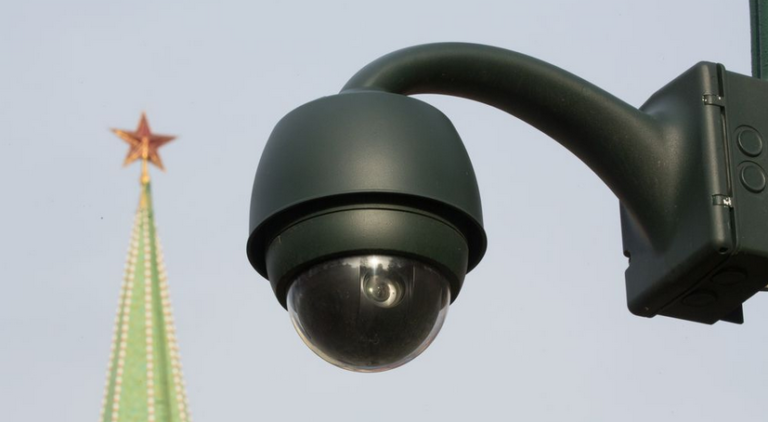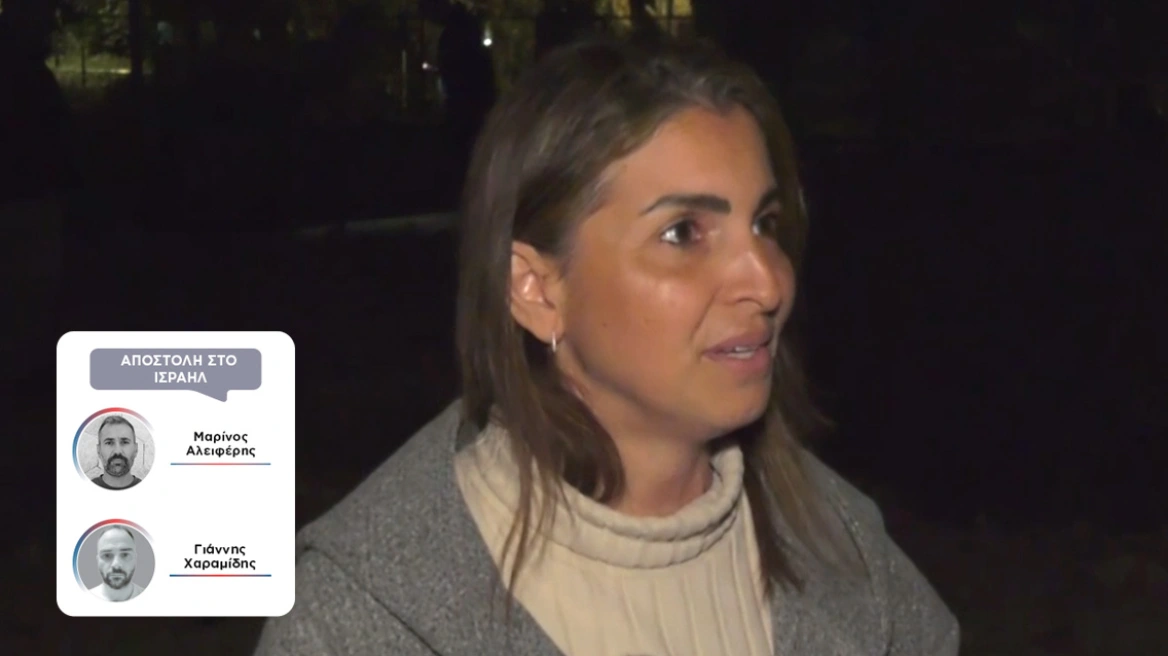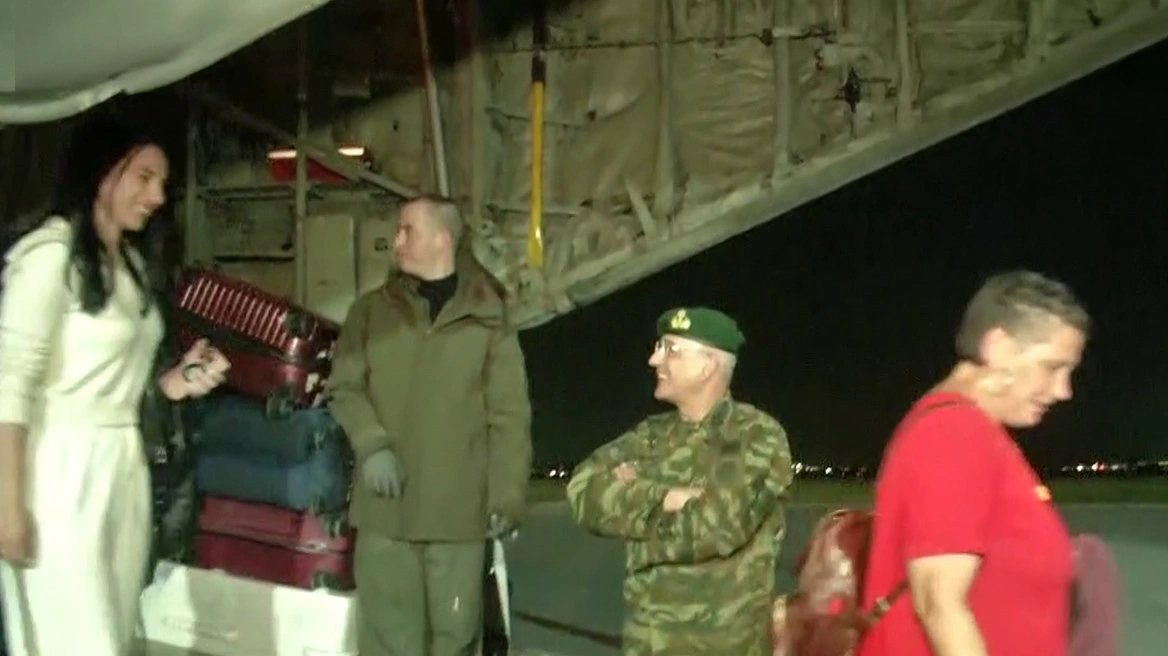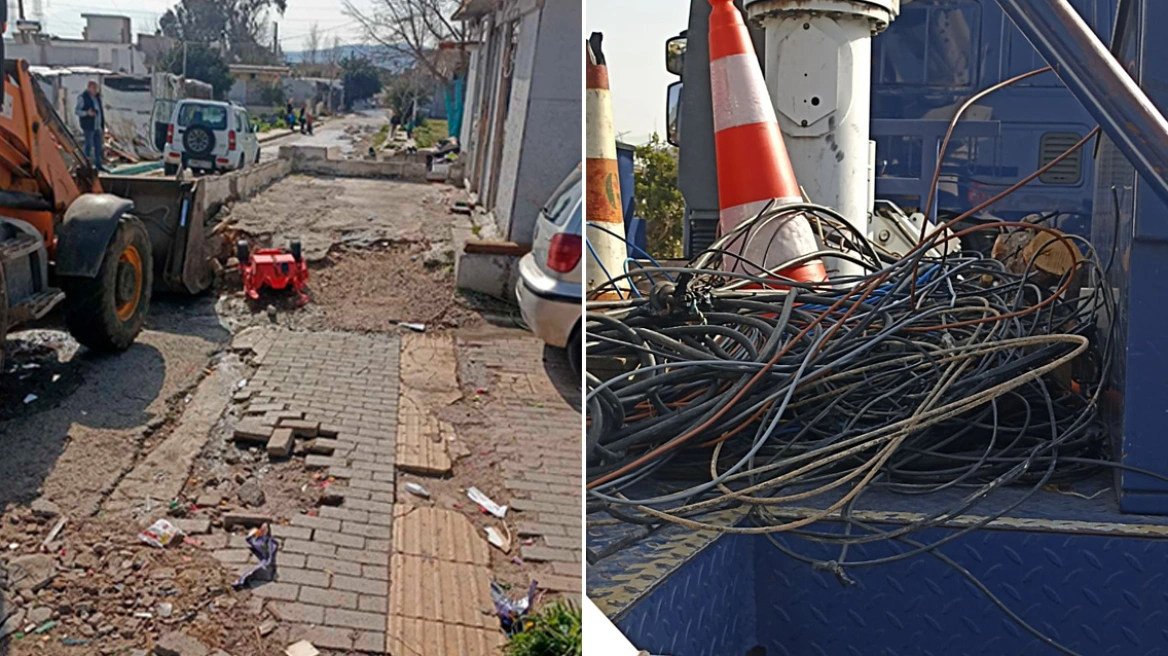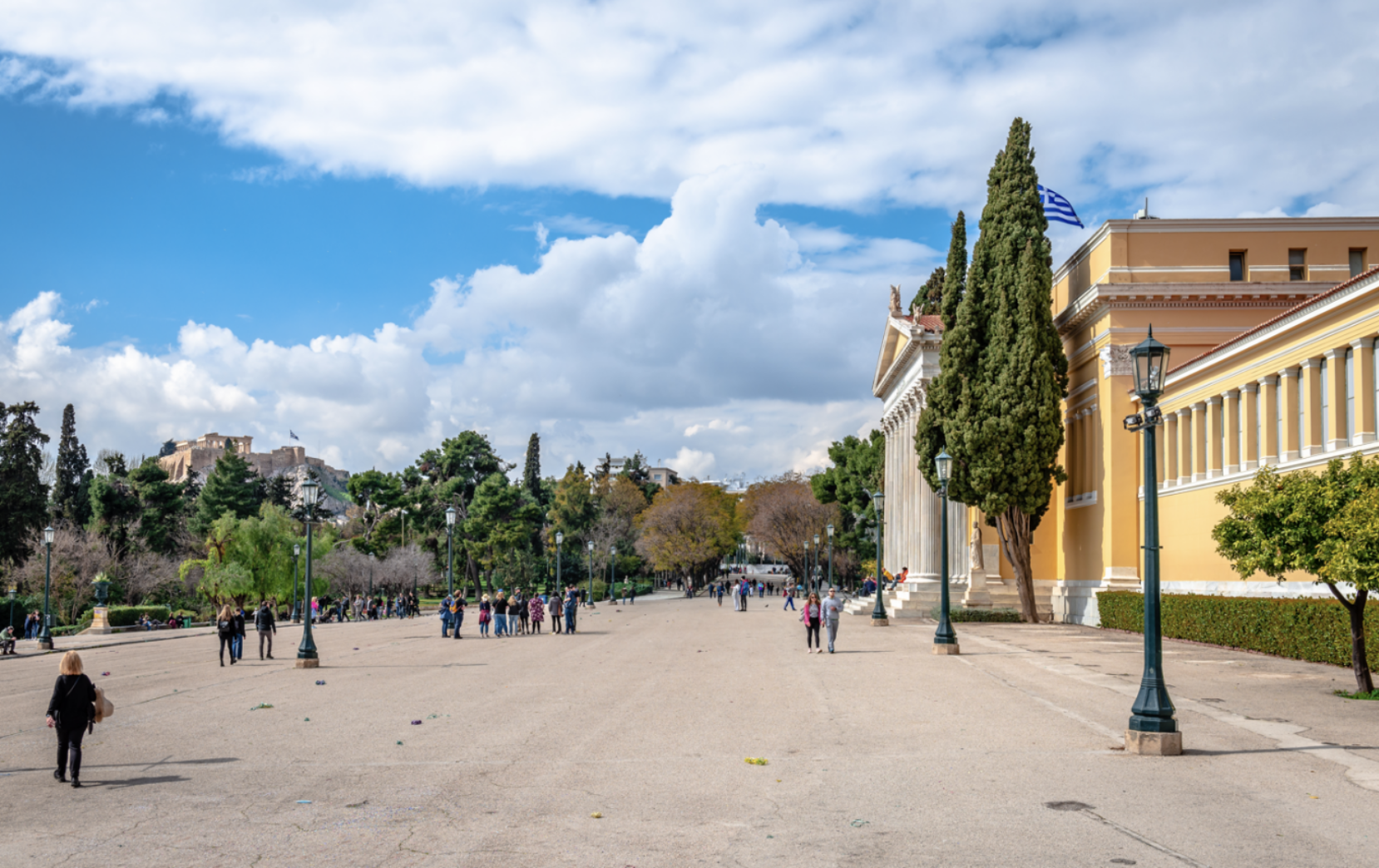Officials hailed Moscow’s massive facial-recognition camera network as a benign aid to residents that would enforce quarantine restrictions, catch criminals and even let them pay subway fares. Now it’s being deployed to crush dissent against President Vladimir Putin.
Police tapped the surveillance system to identify and detain dozens of people who attended last week’s protests in the Russian capital in support of jailed Kremlin foe Alexey Navalny. More than 50 were picked up over the following days, including several journalists, according to OVD-Info, an independent human-rights monitoring group that gathers information on detentions.
Anna Borzenko, 65, was held overnight in a cell after going to police when she learned officers had been to her apartment seeking to question her. “I was an experiment in the development of a total surveillance system,” she said. “This system will be more terrifying when it is established.”
Use of the technology adds to risks facing Russians who voice opposition to Putin as the Kremlin embarks on the most far-reaching crackdown in years. With Navalny isolated in a prison outside Moscow, and physically weakened after a 24-day hunger strike, his supporters are facing relentless legal actions to prevent them from organizing against the authorities.
Investigations are even extending to lawyers and doctors providing professional assistance to opposition activists, a new development that’s further chilling dissent ahead of key parliamentary elections in September.
Read more: Bloomberg
Ask me anything
Explore related questions
